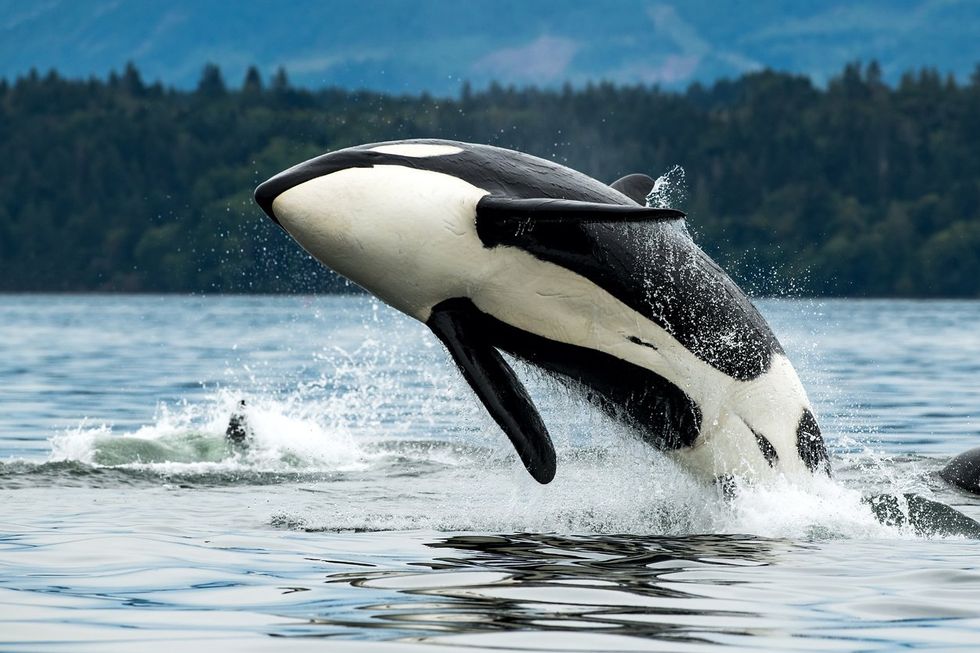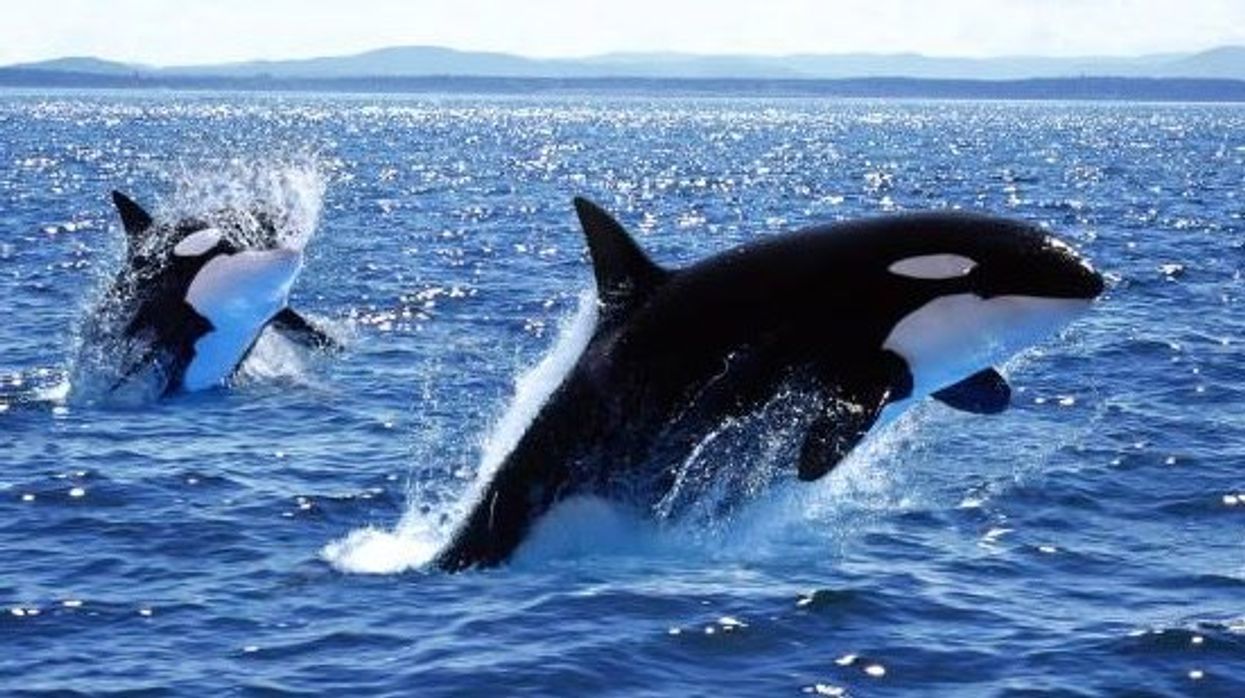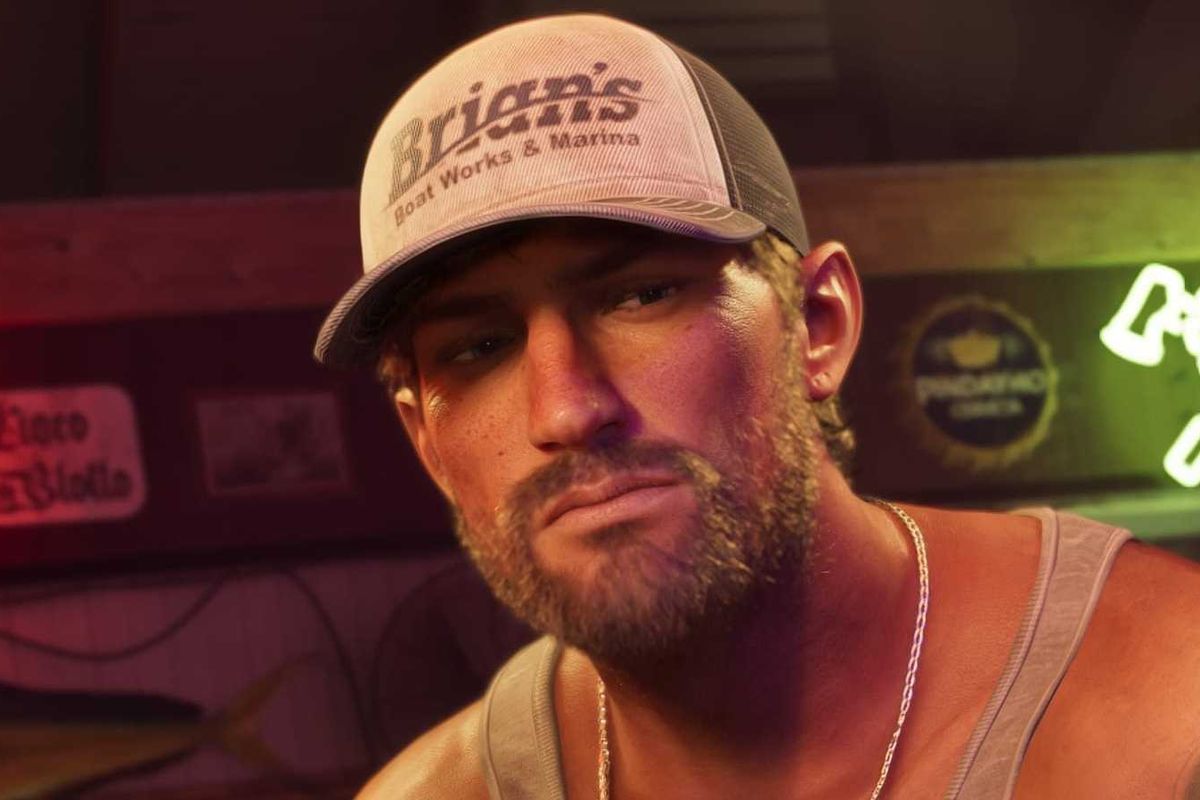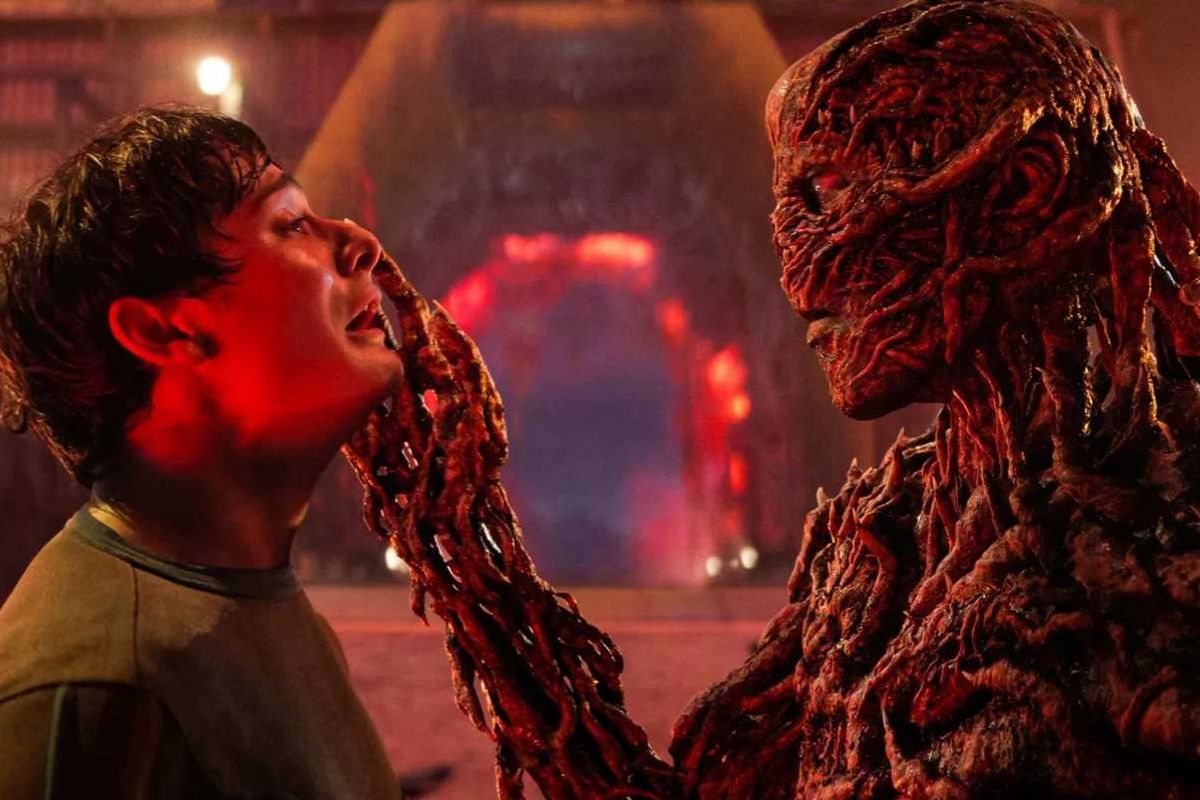Sinead Butler
Oct 07, 2023
Orcas Are Targeting Porpoises And Experts Aren't Sure Why
unbranded - Newsworthy / VideoElephant
An orcas diet consists of Chinook salmon and can eat up to two dozen fish a day - so why is it that the killer whales like to bully porpoises despite them not being part of their diet?
That's the question which has left scientists scratching their heads, as the study published in Marine Mammal Science seeks to add further understanding to this subject.
Around 78 cases of orcas targeting porpoises were noted by researchers from the UK, USA and Canada. It was said to be happening in the Salish Sea (located in the Canadian province of British Columbia and the U.S. state of Washington).
Some of the orcas' bullying tactics include pushing the porpoise along with their nose, holding the porpoise in their mouth, balancing the porpoise above water, slapping the porpoise with their tail, and raking the porpoise with their teeth, according to Science Alert.

Killer whales also use porpoises as playthings as they catch them before letting them and proceeding to chase them once more - and they even play toss them around in a 'pass the porpoise' game, say whale watchers.
That's some textbook tormenting.
Out of these sightings, 28 of them have ended in the harbour porpoise (Phocoena phocoena) or a Dall's porpoise being suspected to have been killed, though there's no record of the porpoises being eaten by the orcas.
In terms of size, the porpoise is said to be fairly small being a similar size to a Chinook salmon - a large fish species that can grow up to 1.5 meters (5 feet).
There are three theories that have been considered by the experts.
Firstly, the bullying is all about creating coordination, and cohesion within the group of orcas, or alternatively that the orcas do this as a form of hunting practice.
The final theory is that orcas could be trying to look after weak porpoises as if they were their own aka 'displaced epimeletic behaviour.'
This mismothering behaviour – also known as 'displaced epimeletic behaviour' to scientists – might be due to their limited opportunities to look after youngsters as the stat shows.
"Our research has shown that due to malnutrition, nearly 70 per cent of Southern Resident killer whale pregnancies have resulted in miscarriages or calves that died right away after birth."
It seems that orcas are not the only bullies of the seas, as smaller dolphins e.g. bottlenose have similarly been seen harassing and killing for no clear reason.
Sign up to our free Indy100 weekly newsletter
Have your say in our news democracy. Click the upvote icon at the top of the page to help raise this article through the indy100 rankings.
Top 100
The Conversation (0)














